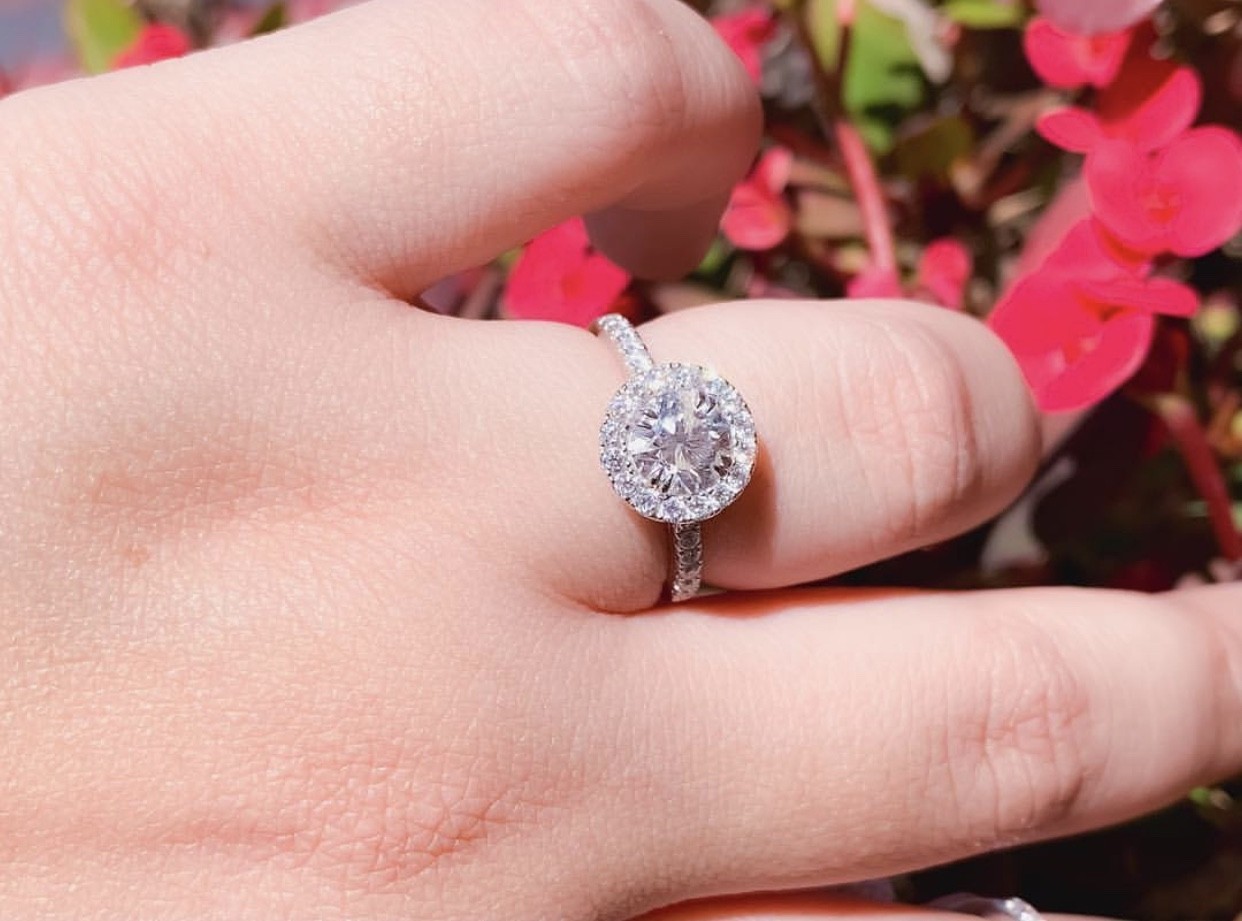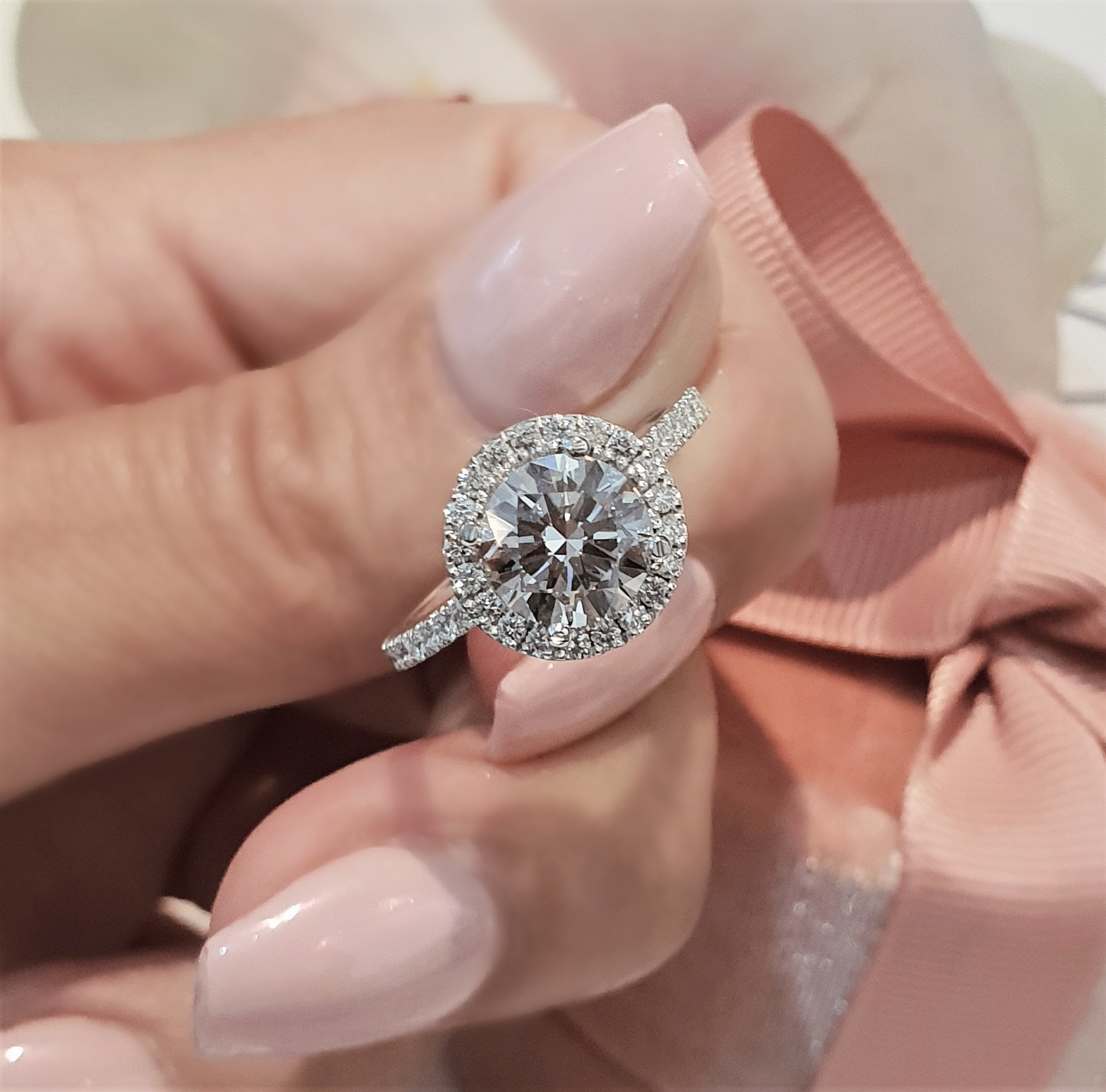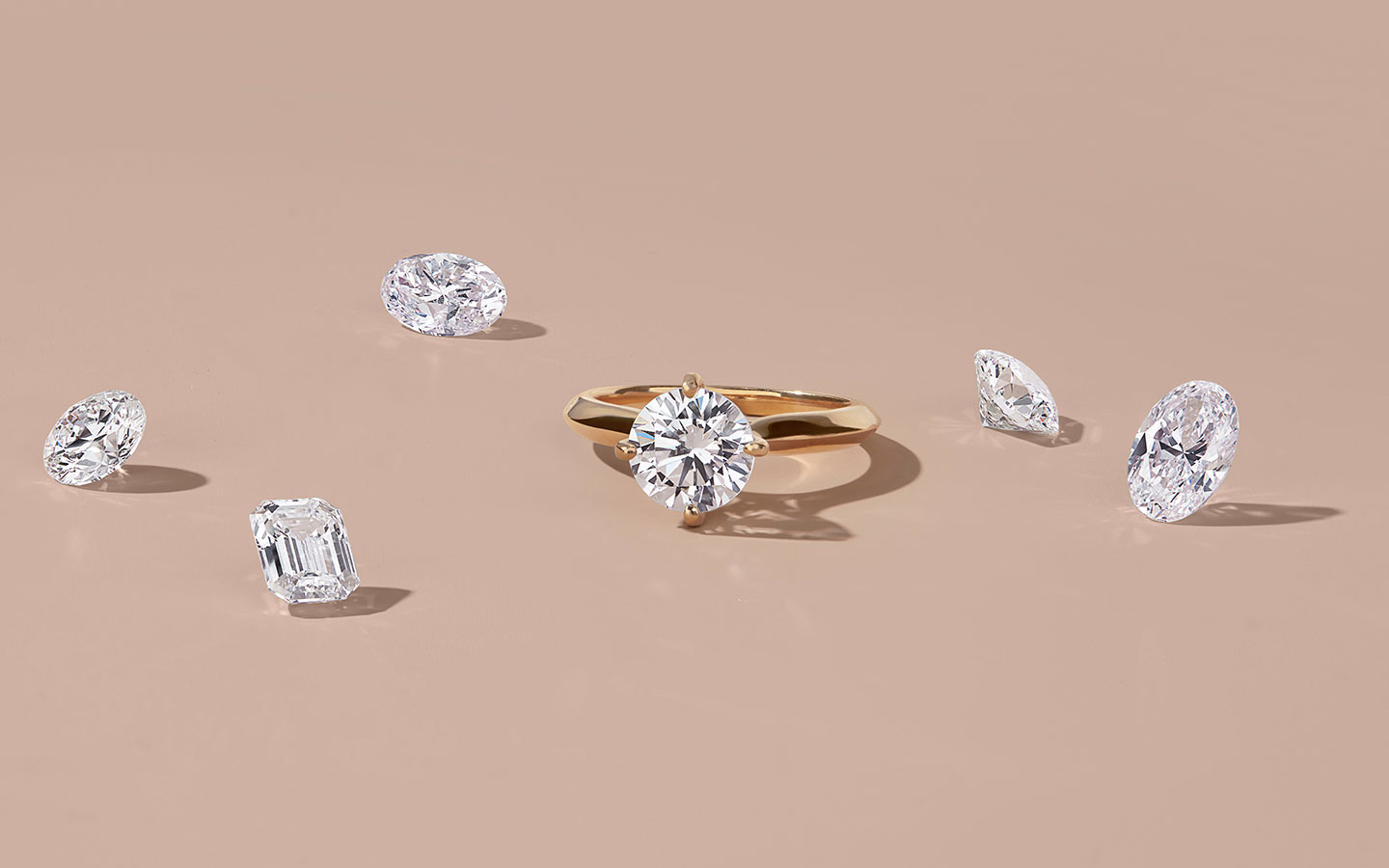IGI vs GIA Lab Grown Diamonds: What to Consider Before Making a Choice
Lab grown diamonds are a growing trend in the diamond industry, offering those who are looking for a brilliant, sparkly diamond an ethically and environmentally friendly way to purchase one. But not all lab grown diamonds are created equal; IGI and GIA are two of the world’s leading diamond laboratories, and they each have their own unique methods of certifying diamonds. When it comes to IGI vs GIA lab grown diamonds, there are a few key differences to consider. From diamond grading standards and pricing to the overall quality of the diamond, it’s important to understand the nuances between IGI and GIA diamonds before making a purchasing decision. Let’s take a closer look at IGI and GIA lab grown diamonds and what makes them unique.
Is Igi As Good As Gia?
There are many different ways to judge the quality of a diamond, so it’s hard to make a definitive statement about whether one grading system is better than another. However, the International Gemological Institute (IGI) is generally considered more lenient in its grading standards than the Gemological Institute of America (GIA). This means that IGI-graded diamonds may be less expensive than GIA-graded diamonds of similar quality.
It’s important to keep in mind that both IGI and GIA are reputable organizations with strict standards. So while IGI may be more forgiving in its grades, you can still expect a high-quality diamond from either organization.
Is Igi Reputable for Lab Diamonds?
Yes, IGI is a reputable laboratory for diamonds. They are one of the few laboratories that certify natural and synthetic diamonds. IGI has been in business since 1975 and has over 40 years of experience in the diamond industry.

How Does Igi Compare to Gia?
The International Gemological Institute (IGI) and the Gemological Institute of America (GIA), are both well-respected gemstone certification organizations. Both institutes use state-of-the-art equipment and skilled gemologists to grade diamonds and other precious stones. Here is a comparison of the two institutions:
Accreditation: IGI is accredited by the Accredited Gemologists Association (AGA). GIA is accredited by the American National Standards Institute (ANSI). Membership: IGI has over 20,000 members in 100 countries.
GIA has over 5,000 members in 30 countries. Locations: IGI has offices in Antwerp, New York, Mumbai, Tokyo, Hong Kong, Ramat Gan (Israel), and Bangkok. GIA has offices in Carlsbad (California), New York, London, and Mumbai.
Services Offered: IGI and GIA offer grading reports for diamonds and other precious stones. IGI also offers appraisals, identification services, diamond-buying courses, and more. GIA offers research services, education programs, laboratory services, and grading reports.
Pricing: Pricing for services varies depending on the type of stone being graded and other factors such as carat weight and clarity. Generally speaking, IGI charges less than GIA for similar services. For example, a 1 carat diamond grading report from IGI costs $85 while the same service from GIA costs $105.





